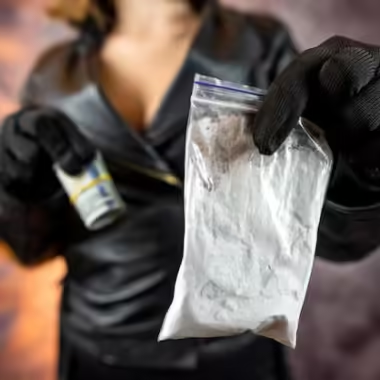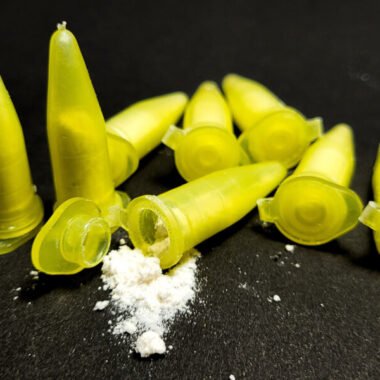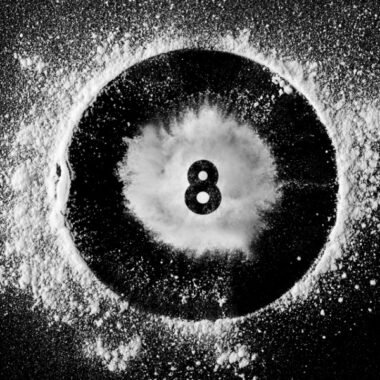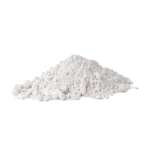Cocaine’s effects are often short-lived, but traces of the substance can be detected in the body long after the last hit.
This table breaks down how long cocaine is detectable in the body after it was last taken and by different drug test types.
| Drug Sample Type | Cocaine Detection Time |
|---|---|
| Urine testing | 4 days after use |
| Blood testing | 48 hours after use |
| Saliva testing | 48 hours after use |
| Hair testing | 90 days after use |
Read on to find out more about how cocaine is metabolized in the body, what factors affect detection time, and where to get treatment for cocaine use disorder.
Key takeaways:
- Cocaine has a relatively short half-life (the length of time it takes the body to process half a dose) at around an hour for most people, yet traces of it can be detected up to 90 days after last use.
- As it is processed by the body rapidly, most toxicology drug tests look for cocaine metabolites such as benzoylecgonine which linger in the system for longer.
- Cocaine has more unique and detectable metabolites, meaning false positives are incredibly rare and almost unheard of.










